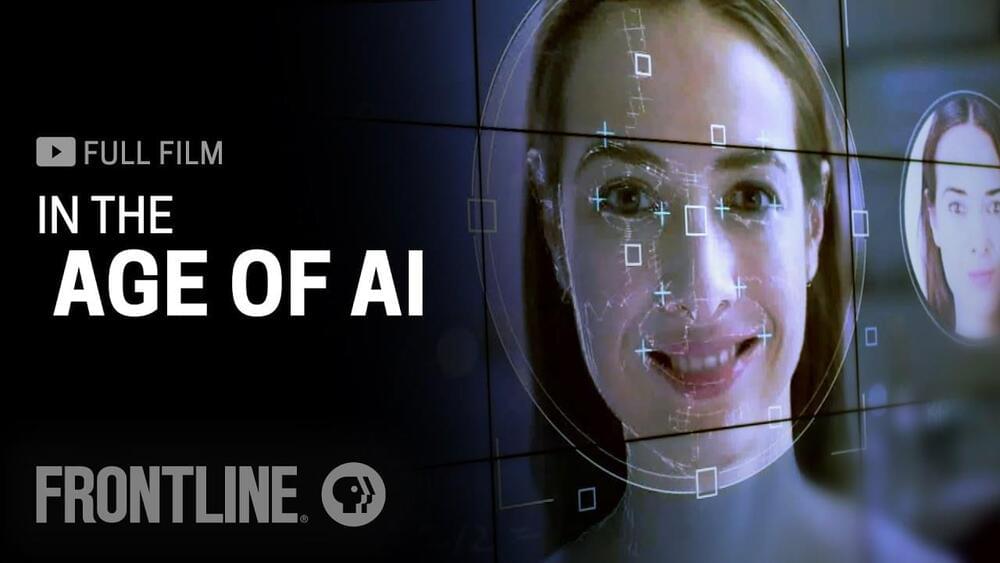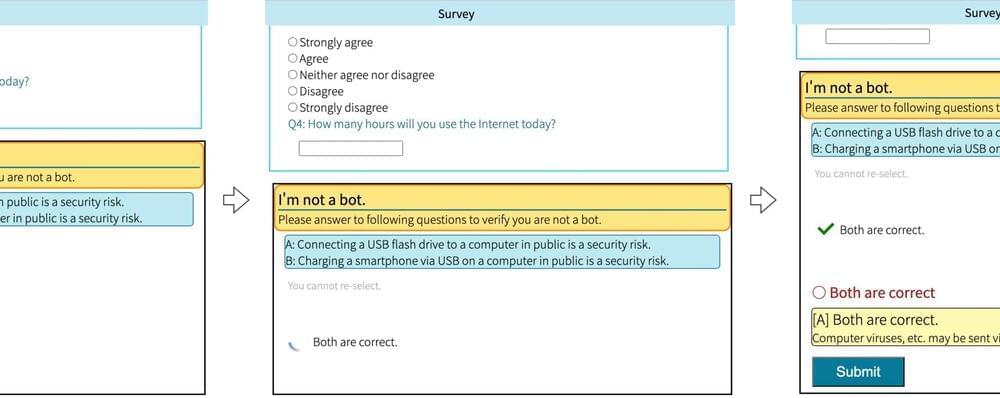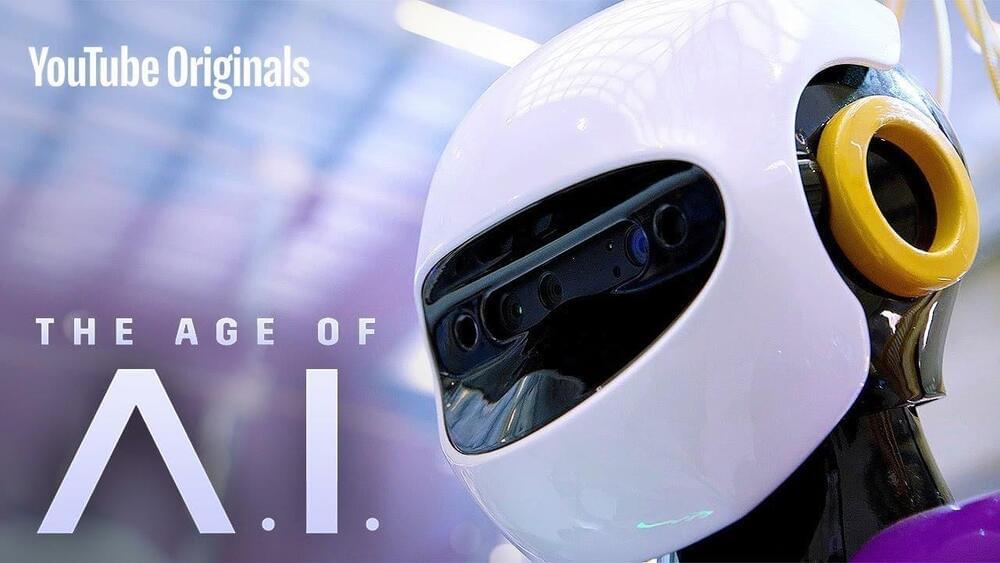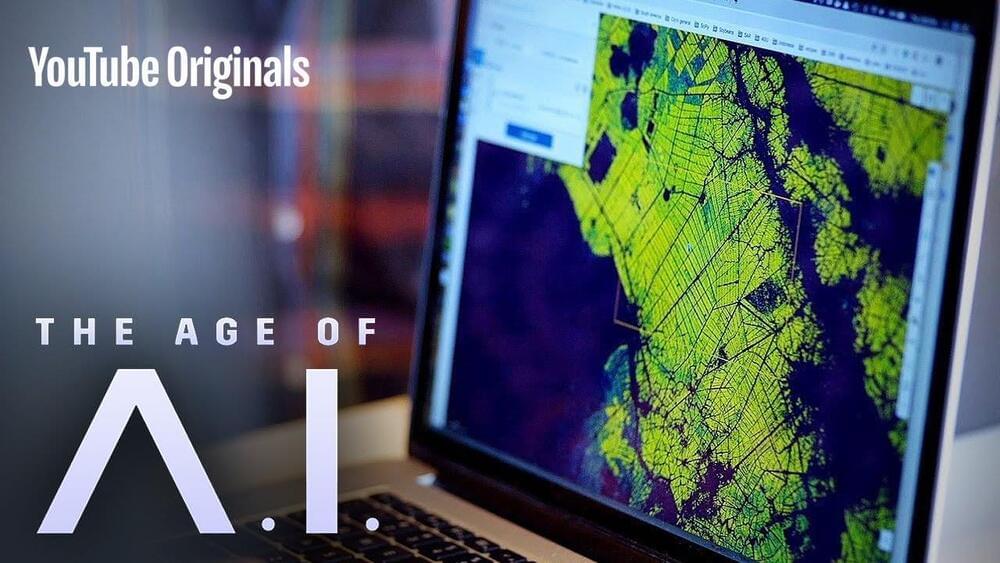Aug 16, 2022
TIMELAPSE OF FUTURE A.I. GAMING (And Beyond)
Posted by Kelvin Dafiaghor in categories: education, Elon Musk, robotics/AI
The story of future gaming starts when artificial intelligence takes over building the games for players — while they play them. And human brains are mapped by virtual reality headsets.
This sci fi documentary also covers A.I. npc characters, Metaverse scoreboards, brain to computer chips and gaming, Elon Musk and Neuralink, and the simulation hypothesis.
Continue reading “TIMELAPSE OF FUTURE A.I. GAMING (And Beyond)” »


















